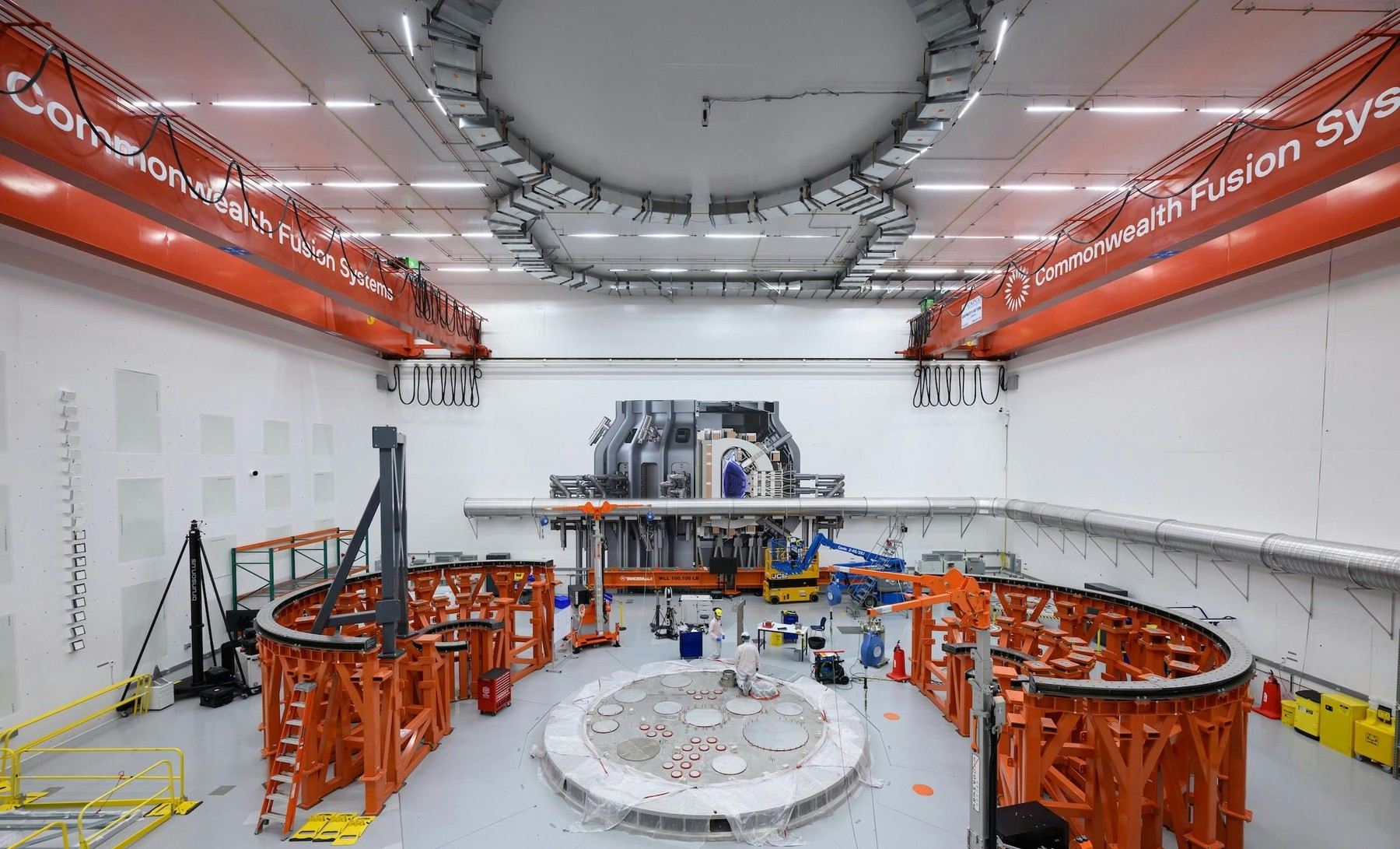As the global community grapples with climate change and its damaging effects such as rising temperatures, carbon footprints and biodiversity loss etc, a lot of climate tech startups are pioneering groundbreaking solutions and climate tech innovations. From renewable energy breakthroughs to carbon capture advancements, these technologies are shaping the landscape of climate action.
Let’s explore some of the top climate tech innovations of 2024:
1. Solar Panel Innovation
Advancements in solar technology continue to drive the transition to renewable energy. In 2024, next-generation solar panels are revolutionising the efficiency and affordability of solar power. Climate tech innovations such as tandem solar cells, perovskite-silicon hybrids, and transparent solar cells integrated into windows are expanding the potential for harnessing solar energy in both urban and rural settings.
Ubiquitous Energy is a promising solar panel innovation startup. The company focuses on integrating solar power capabilities into everyday surfaces, such as windows, without obstructing the view. Their transparent solar cells can be applied to glass surfaces, allowing them to generate electricity while still maintaining transparency. This innovative approach opens up new possibilities for solar energy adoption in urban environments, where space for traditional solar panels may be limited.
2. Green Hydrogen Production
Hydrogen has emerged as a promising clean energy carrier, and in 2024, green hydrogen production technologies are taking centre stage. Electrolysis powered by renewable energy sources is being scaled up to produce hydrogen without carbon emissions. This development holds tremendous potential for decarbonizing industries like steel and cement production, where traditional hydrogen production methods rely heavily on fossil fuels.

Heliogen has done notable work in producing green hydrogen. Heliogen’s technology has demonstrated the ability to reach temperatures of over 1,000 degrees Celsius, which is higher than what traditional solar technologies can achieve. This high temperature is particularly advantageous for driving high-temperature electrolysis, a method known for its potential to increase the efficiency of hydrogen production.
3. Carbon Sequestration
Addressing the challenge of excess carbon dioxide in the atmosphere is crucial for mitigating climate change. In 2024, carbon capture and utilisation technologies are gaining momentum. Climate tech innovations in direct air capture and utilisation methods, such as converting captured CO2 into valuable products like synthetic fuels or building materials, are transforming carbon capture from a mitigation strategy to a resource for sustainable development.
CarbonCure Technologies is a cleantech company that has developed a unique technology to reduce the carbon footprint of concrete production. Concrete is a significant source of carbon emissions due to the chemical process involved in cement production. CarbonCure’s solution involves injecting captured carbon dioxide (CO2) into concrete during the mixing process.
4. Smart Grids and Energy Storage
To accommodate the growing share of renewable energy in the grid, smart grids and advanced energy storage solutions are becoming indispensable. In 2024, smart grids equipped with AI-driven technologies are optimising energy distribution, managing demand fluctuations, and enhancing grid resilience. Concurrently, breakthroughs in energy storage, such as advanced battery technologies and grid-scale storage systems, are addressing the intermittent nature of renewable energy sources.
Stem is a company that specialises in providing advanced energy storage solutions and intelligent energy management systems. The company’s focus is on optimising energy usage for commercial and industrial customers by combining energy storage with predictive analytics and machine learning.
5. Alternate Plastics and Sustainable Materials
The plastic pollution crisis is prompting a shift towards biodegradable plastics and sustainable materials. In 2024, climate tech innovations in bioplastics derived from renewable resources, along with the development of alternative packaging materials, are reducing the environmental impact of plastic waste. These sustainable alternatives are gaining traction across industries, from packaging to consumer goods.
Ecovative Design is a biotechnology company that specialises in developing sustainable materials, particularly mycelium-based alternatives to traditional plastics and packaging materials. Mycelium is the root structure of fungi, and it can be grown to form a strong and durable material with properties similar to traditional plastics.
6. Urban Greening Technologies
Cities are focal points for both emissions and vulnerability to climate change. Urban greening technologies, including green roofs, vertical gardens, and intelligent urban planning, are emerging as effective tools for mitigating the urban heat island effect, improving air quality, and enhancing overall urban resilience. These climate tech innovations contribute to creating healthier and more sustainable urban environments.
Green City Solutions is a startup that specialises in urban air purification through its innovative product called the “CityTree.” The CityTree is a mobile installation designed to combat air pollution in urban areas. It combines vertical greenery, IoT technology, and air filtration to create a self-sustaining unit capable of removing pollutants from the air.
Conclusion:
The rapid advancements in climate tech innovation are offering promising solutions to combat the challenges posed by climate change. From renewable energy breakthroughs to sustainable materials and urban greening technologies, these climate tech innovations signify a shift towards a more sustainable and resilient future. Embracing and supporting these initiatives is imperative in our collective efforts to address climate change effectively and mitigate its adverse impacts on the planet and humanity.
To stay informed about the climate industry explore our latest climate tech news.








